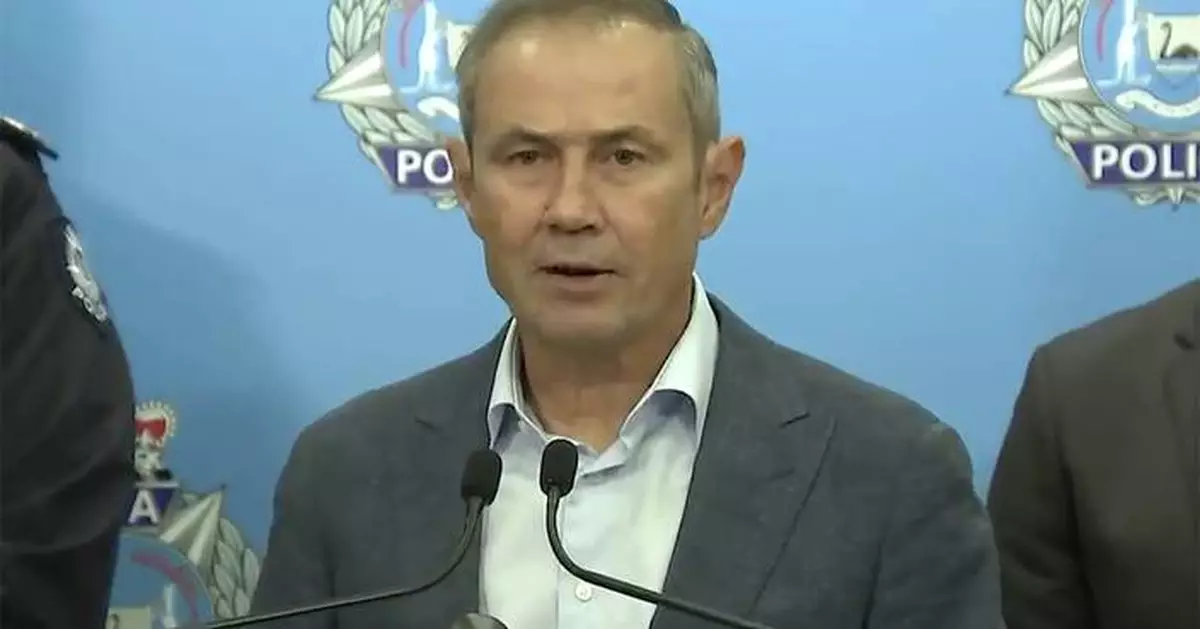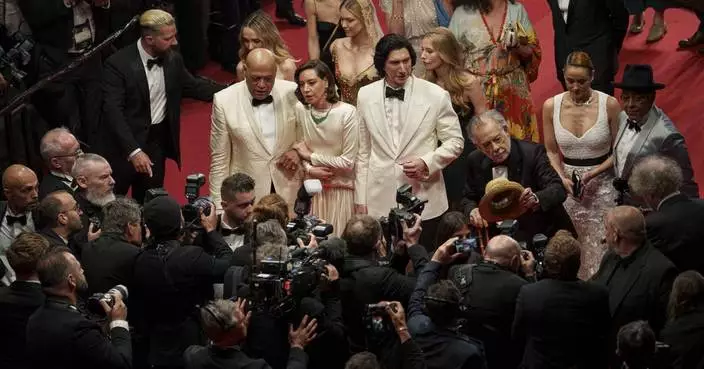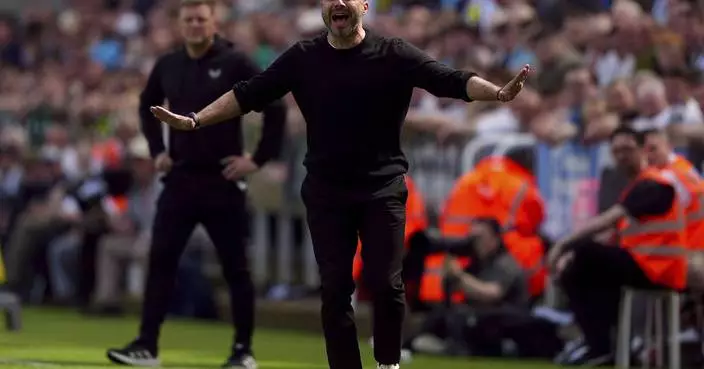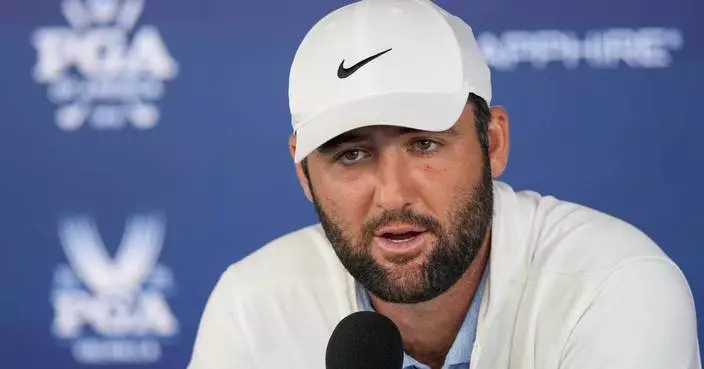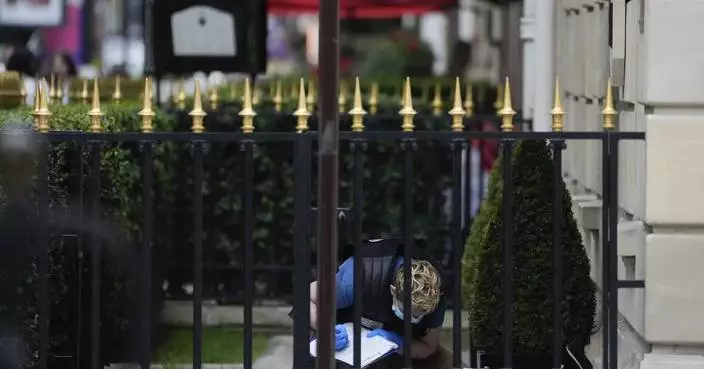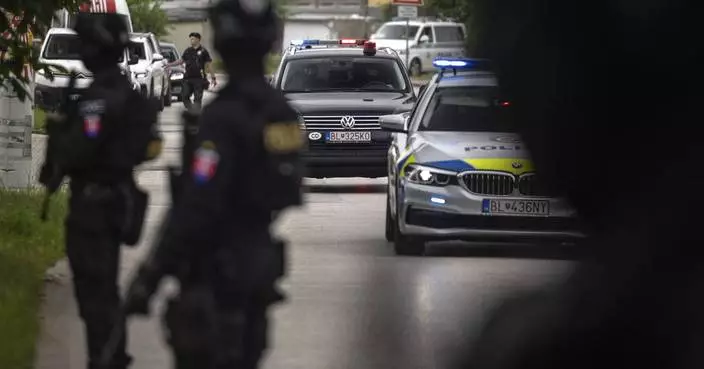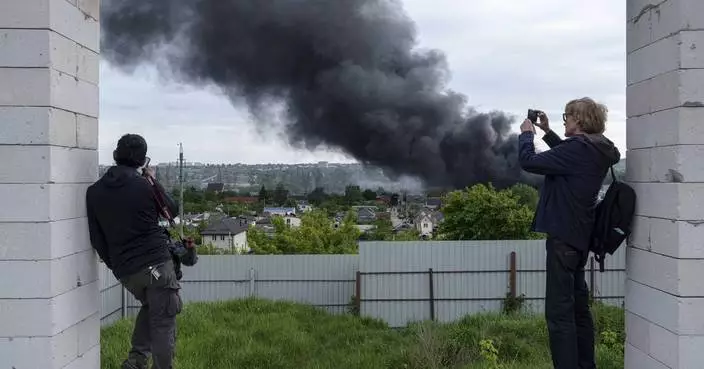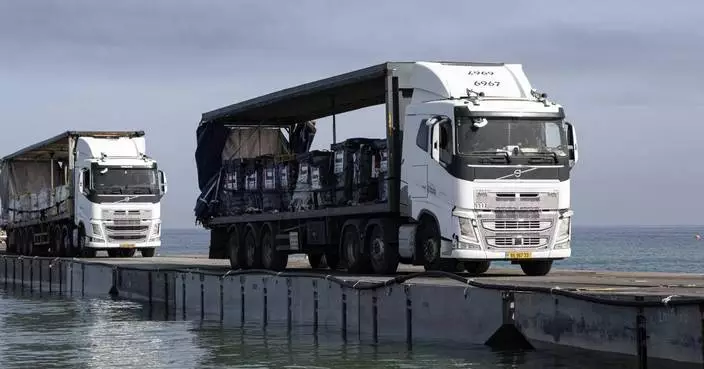MELBOURNE, Australia (AP) — A 16-year-old boy armed with a knife was shot dead by police after he stabbed a man in the Australian west coast city of Perth, officials said Sunday.
The incident occurred in the parking lot of a hardware store in suburban Willetton on Saturday night.
The teen attacked the man and then rushed at police officers before he was shot, Western Australian Premier Roger Cook told reporters on Sunday.
“There are indications he had been radicalized online,” Cook told a news conference.
“But I want to reassure the community at this stage it appears that he acted solely and alone,” Cook added.
A man in his 30s was found at the scene with a stab wound to his back. He was taken to a hospital in serious but stable condition, a police statement said.
Police and Australian Security Intelligence Organization agents have been conducting a counterterrorism investigation in the east coast city of Sydney since another 16-year-old boy stabbed an Assyrian Orthodox bishop and priest in a church on April 15.
That boy has been charged with committing a terrorist act. Six of his alleged associates have also been charged with a range of offenses, including conspiring to engage in or planning a terrorist act. All remain in custody.
Prime Minister Anthony Albanese said he had been briefed on the latest stabbing in Perth by Australian Federal Police Commissioner Reece Kershaw and ASIO Director-General Mike Burgess, who heads the nation’s main domestic spy agency.
“I’m advised there is no ongoing threat to the community on the information available,” Albanese said.
“We are a peace-loving nation and there is no place for violent extremism in Australia,” he added.
Police received an emergency phone call after 10 p.m. from a teenager saying he was going to commit acts of violence, Western Australian Police Commissioner Col Blanch said.
The boy had been participating in a program for young people at risk of radicalization, Blanch added.
“I don't want to say he has been radicalized or is radicalized because I think that forms part of the investigation,” he said.
Police said they were later alerted by a phone call from a member of the public that a knife attack was underway in the parking lot. Three police officers responded, one armed with a gun and two with conducted energy devices.
Police deployed both conducted energy devices but they failed to incapacitate the boy before he was killed by a single gunshot, Blanch said.
Blanch said members of the local Muslim community had raised concerns with police about the boy's behavior before he was killed on Saturday.
The Imam of Perth’s largest mosque, the Nasir Mosque, condemned the stabbing.
"There is no place for violence in Islam,” Imam Syed Wadood Janud said in a statement.
“We appreciate the effort of the police to keep our communities safe. I also want to commend the local Muslim community who had flagged the individual prior with the police,” Wadood added.
Some Muslim leaders have criticized Australian police for declaring last month's church stabbing a terrorist act but not a rampage two days earlier in a Sydney shopping mall in which six people were killed and a dozen wounded. The 40-year-old attacker in the mall attack was shot dead by police. Police have yet to reveal the man's motive.
The church attack is only the third to be classified by Australian authorities as a terrorist act since 2018.
In December 2022, three Christian fundamentalists shot dead two police officers and a bystander in an ambush near the community of Wieambilla in Queensland state. The shooters were later killed by police.
In November 2018, a Somalia-born Muslim stabbed three pedestrians in downtown Melbourne, killing one, before police shot him dead.
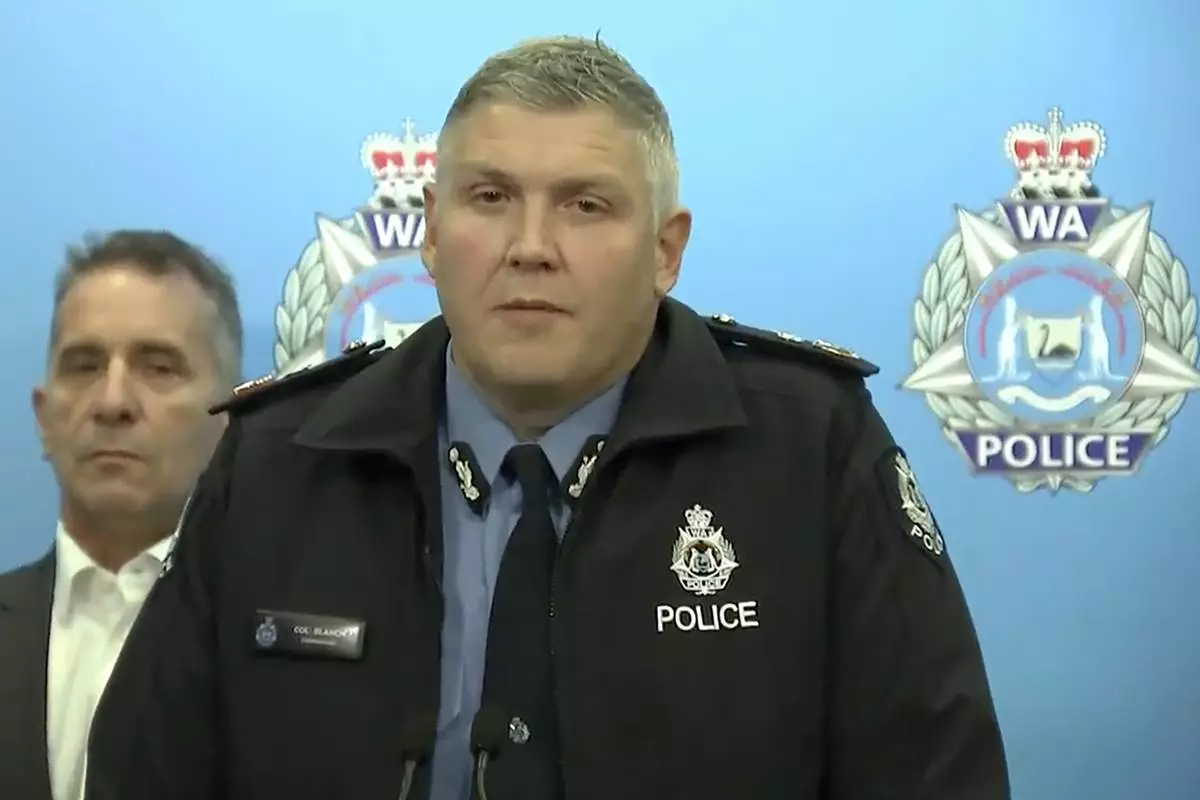
In this image from a video, Western Australian Police Commissioner Col Blanch speaks at a press conference in Perth, Australia Sunday, May 5, 2024. A 16-year-old boy armed with a knife was shot dead by police after he stabbed a man in the Australian west coast city of Perth, officials said Sunday. (Australian Broadcasting Corporation via AP)

This image from a video, shows a parking lot where an incident occurred in Perth, Australia Sunday, May 5, 2024. A 16-year-old boy armed with a knife was shot dead by police after he stabbed a man in the Australian west coast city of Perth, officials said Sunday. (Australian Broadcasting Corporation via AP)
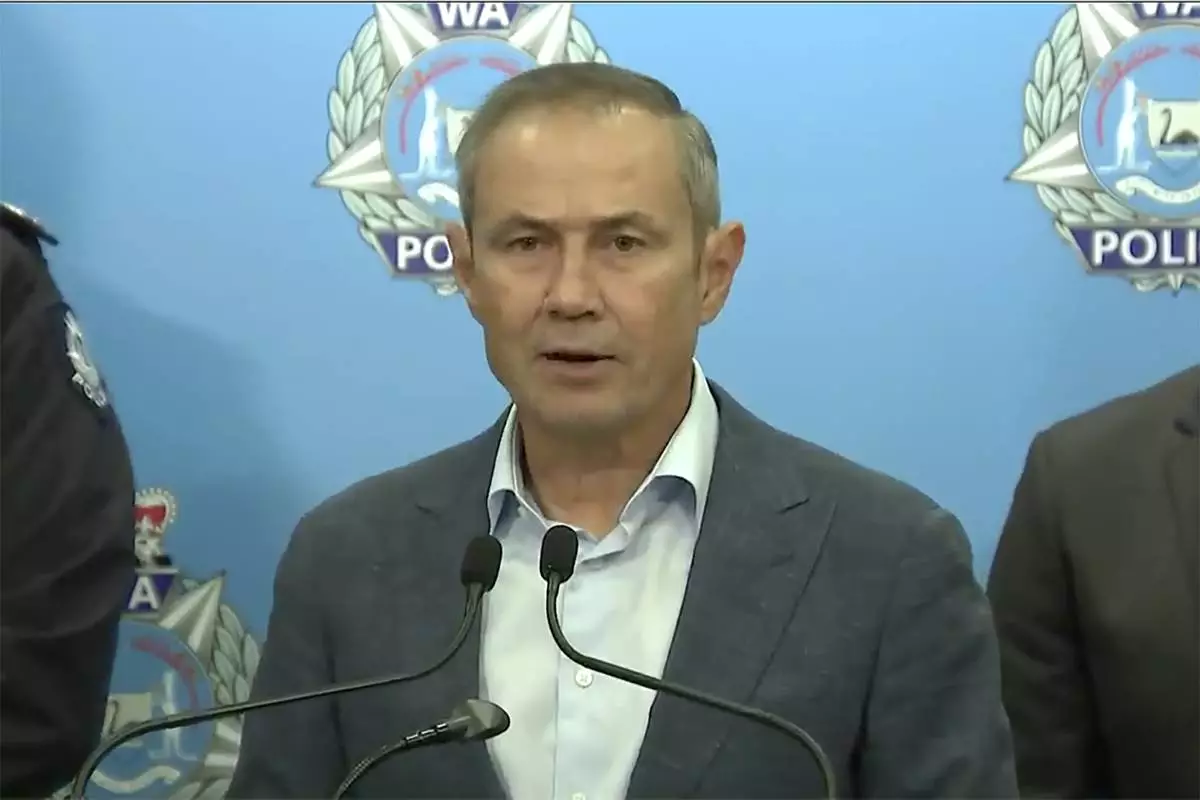
In this image from a video, Western Australian Premier Roger Cook speaks at a press conference in Perth, Australia Sunday, May 5, 2024. A 16-year-old boy armed with a knife was shot dead by police after he stabbed a man in the Australian west coast city of Perth, officials said Sunday. (Australian Broadcasting Corporation via AP)


